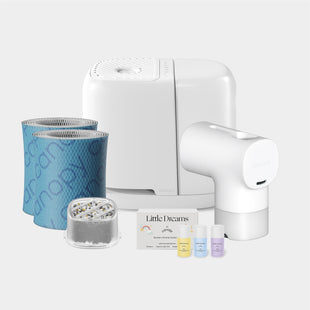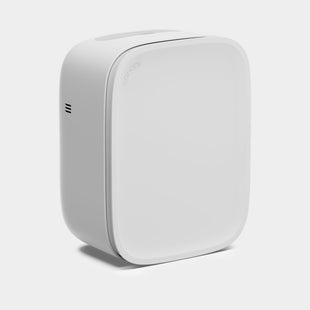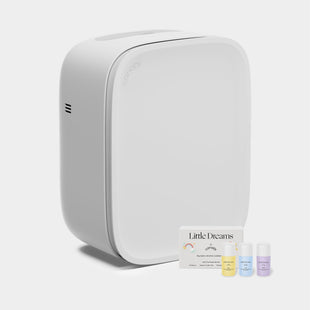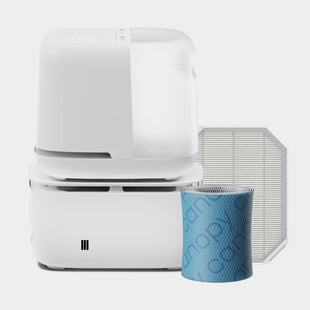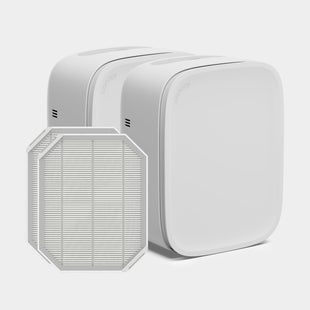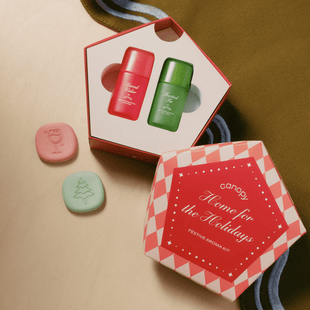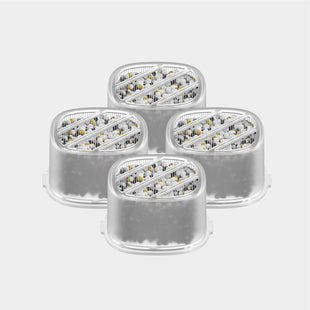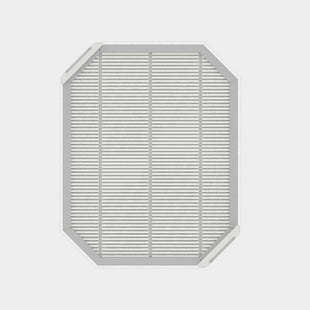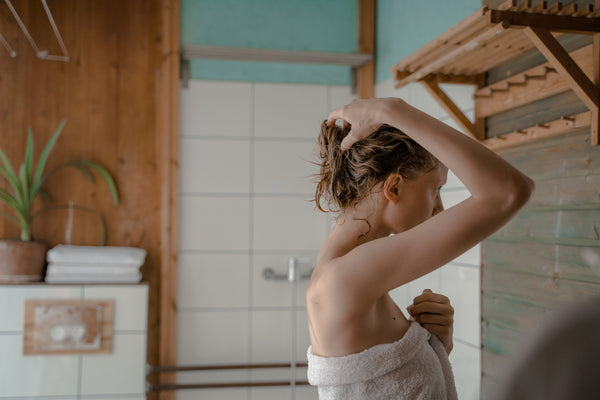This content has been reviewed and updated on July 31, 2023.
At the end of a long and tiring day, stepping into a hot shower is a great way to relax and unwind. Or maybe you need a quick energy boost and like to take a cold shower to jumpstart your day.
Either way, the water temperature can affect your skin and hair. Showering in water that’s too hot or too cold doesn’t allow for effective cleansing. It can cause irritation, dryness, and other issues that make you uncomfortable. Generally, it’s best to shower in warm water for the healthiest skin and hair.
Itchy Skin and Shedding Hair: The Effects of Hot Water
Is hot water bad for your skin? There’s much to be said for standing under a stream of hot water and letting the day’s stress and tension disappear. But when the water’s too hot—meaning your skin looks red or flushed—you could be causing a few issues that are anything but relaxing.

Although hot water helps you wash away dirt, sweat, and grime, regularly showering with hot water can exacerbate skin conditions like eczema, psoriasis, and dandruff. The heat strips natural oils from your skin, increasing dryness.
Hot water also helps clean your hair since it opens the pores of your scalp and allows the shampoo to cleanse your hair follicles. It eliminates excess oil from your scalp, giving your hair more volume and a thicker texture. If you’re trying to grow your hair long, hot water increases blood flow to the follicles, stimulating growth.
However, when the water’s too hot, your hair will suffer. Like your skin, your scalp and hair can lose essential moisture when exposed to excessively hot water, leaving them dry and prone to breakage and dandruff. Hot water also opens hair cuticles, making you more inclined to frizz. In some cases, hot water weakens the hair roots, increasing the likelihood of hair loss and premature graying.
Is Cold Water Good for Your Hair and Skin?
Before you resign yourself to cold showers to prevent the effects of hot water, understand that it’s not necessarily the perfect alternative. Cold water has a few advantages but can also affect your skin and hair in undesirable ways.
Washing your hair with cold water seals the cuticles and helps protect the keratin and lipid bonds that prevent frizz. However, holding in all that moisture could leave hair looking flat and limp. Washing with cold water also prevents the shampoo from fully reaching the follicles and removing all the impurities from your scalp.
The same applies to cleaning your skin with cold water. Although cold water can reduce redness and puffiness and the discomfort of conditions like acne and rosacea, it is ineffective in removing dirt and oil. So, is cold water good for your skin? It depends. An occasional invigorating cold rinse can help boost circulation and reduce inflammation, but it’s not ideal for every day.
Should You Wash Your Hair With Cold or Hot Water?
With these pros and cons in mind, the best shower temperature is warm or lukewarm for most people. Ideally, your shower water should only be slightly warmer than your body temperature, between 100 and 105 degrees.
You can also vary the temperature throughout your shower for the healthiest skin and hair. For example, try shampooing and rinsing your hair with warm water, then using cool or cold water to rinse the conditioner and seal in moisture. You’ll enjoy healthy, shiny, and voluminous locks without enduring an uncomfortably cold shower.
Similarly, using water warm enough to wash away soap and sweat before switching to a burst of cold water gets your skin clean and helps you feel refreshed and awake.
Canopy is your choice for reimagined household devices that effortlessly optimize your home for beauty and wellness, from your bedroom oasis to your active family spaces. And we’re ready to help you upgrade one of the most important parts of your routine—the shower. Our new easy-to-install filtered shower head reduces dissolved minerals, added chlorine, and other contaminants in your household water, providing clean water that supports healthy skin and hair. Say goodbye to dull skin, brittle hair, and flaky scalp and hello to healthy skin and scalp and longer-lasting hair color.









